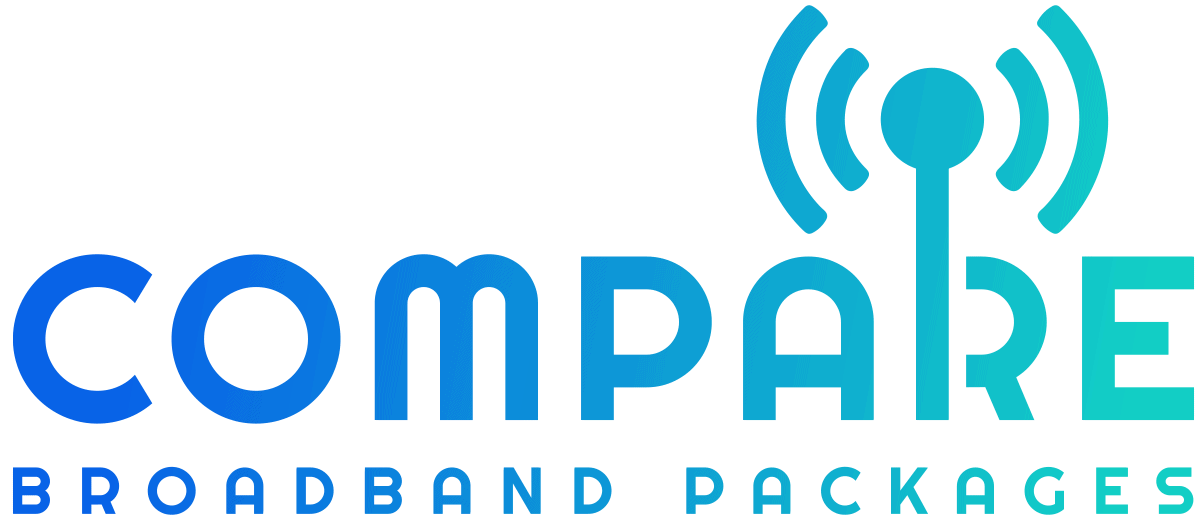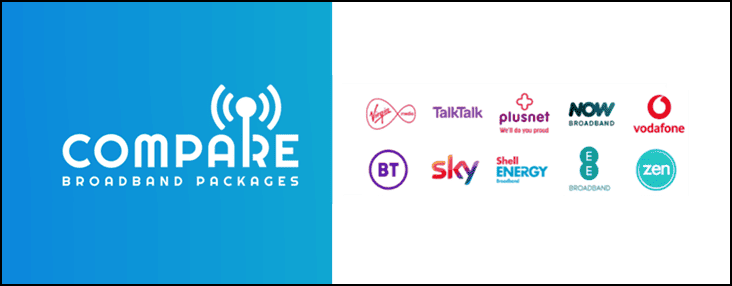Ofcom Proposes to Share Upper 6GHz Band for Enhanced Mobile and WiFi in the UK
The UK communications regulator, Ofcom, has announced a groundbreaking proposal to share the upper 6GHz spectrum band. This initiative aims to bolster mobile connectivity and enhance WiFi performance across the nation. By reallocating this frequency range, which spans from 6.425GHz to 7.125GHz, Ofcom seeks to address the growing demand for wireless broadband services and improve the overall user experience.
Understanding the Upper 6GHz Band
The upper 6GHz band has traditionally been reserved for fixed services and satellite communications. However, with the exponential growth of mobile data consumption and the rise of smart devices, Ofcom recognizes the need to reconsider its usage.
What Changes are Proposed?
Ofcom’s proposal aims to open this band to unlicensed use for WiFi and mobile broadband, allowing for more efficient distribution of data. Here’s a breakdown of the key proposals:
- allocation of frequencies between 6.425GHz and 7.125GHz for unlicensed use.
- Introduction of Dynamic Frequency Selection (DFS) to reduce potential interference.
- Collaboration with industry stakeholders to facilitate the transition and ensure minimal disruption.
Benefits of Shared Use
the shared use of the upper 6GHz band is expected to yield numerous benefits for both consumers and businesses, including:
- Increased Capacity: The upper 6GHz band will provide additional spectrum for WiFi networks, substantially increasing network capacity.
- Reduced Congestion: Users will experience less congestion on existing channels, leading to faster internet speeds and improved connectivity.
- Future-Proofing: As the demand for data continues to rise, sharing this spectrum prepares the telecommunications infrastructure for future innovations.
Expert Insights on the Proposal
Industry experts have welcomed Ofcom’s proposal,emphasizing its potential to transform connectivity in the UK. A representative from a leading telecommunications company stated, “This is a notable step towards accommodating the ever-increasing demand for mobile data. By opening up the upper 6GHz band, we can enhance service quality for consumers and businesses alike.”
Regulatory Considerations and Next steps
Before the proposal can be implemented, Ofcom will conduct a public consultation to gather feedback from industry stakeholders and the public. This step is crucial in ensuring that the rollout addresses any concerns regarding interference and is compliant with international regulations.
Consultation Timeline
The consultation is expected to take place over several weeks, leading to an analysis of feedback and potential adjustments to the proposal. Following this, a decision on the final regulations for spectrum sharing will be made, with implementation anticipated within the next year.
Global Context of Spectrum Sharing
The move to share the upper 6GHz band is part of a broader global trend where regulators are rethinking spectrum allocations to keep pace with technological advancements. Countries such as the United states and various nations in Europe are also exploring similar initiatives to promote innovation and improve connectivity.
Comparative Global Strategies
| Country | Current Status | future Plans |
|---|---|---|
| United States | Unlicensed access to 6GHz | Expand access to lower 6GHz |
| Germany | Testing spectrum sharing | Full implementation by 2024 |
The potential of the upper 6GHz band presents an exciting opportunity for the UK to enhance its wireless communication landscape. As the proposal progresses, stakeholders and users alike will be keenly observing its progress and subsequent impact on connectivity in the UK.









